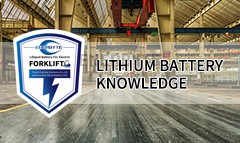Lithium-ion batteries have become the standard power source for portable mobile devices, and have developed rapidly in the electric vehicle and energy storage markets in recent years. The requirements for battery safety, energy density, power density, reliability, and cycle life have also been conti...

 Service hotline
Service hotline 








